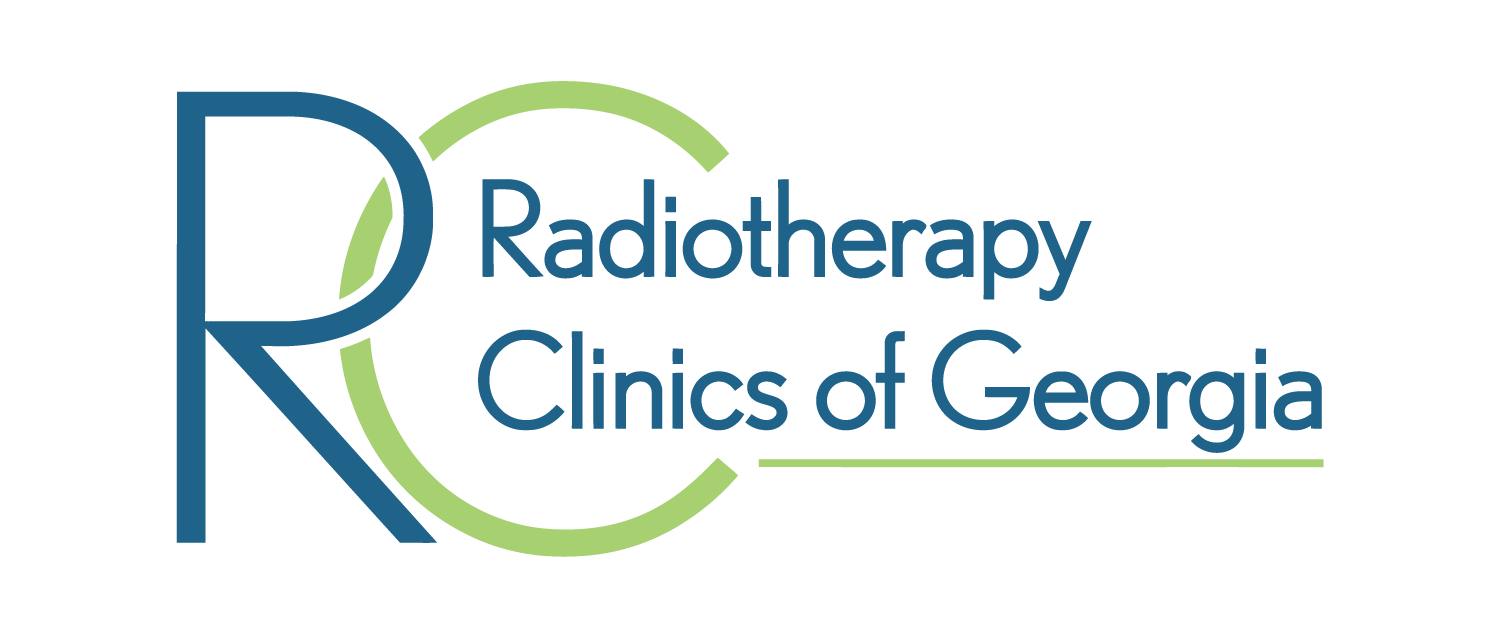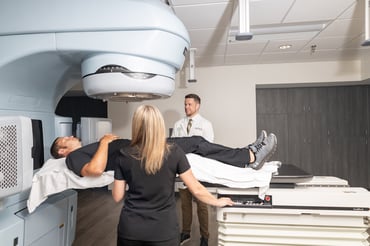
It might seem that cancer tends to run in families. While inherited factors cause a small percentage of cancers, it's not the cancer itself that is passed down. Instead, what can be inherited are genetic changes that increase the likelihood of cancer developing in future generations. When combined with unhealthy lifestyle choices, such as smoking and toxic environmental exposures, these inherited genetic mutations can lead to hereditary cancer syndromes, also known as family cancer syndromes.
It's important to understand that inheriting a genetic change associated with cancer does not guarantee you will develop cancer in your lifetime. However, knowing that your risk is elevated allows you to take proactive steps to manage your health.
How Genetic Mutations Cause Cancer
Think of your genes as an instruction manual that guides how your body's cells function. Genes are part of your DNA, instructing every cell in your body how quickly to grow, how often to divide, and how long to live. When changes occur in your genes, they can alter the behavior of your cells. If these cells begin to grow and multiply uncontrollably, cancer can be the result.
Somatic Gene Changes
Changes in your genes can happen for various reasons. The most common cause of genetic change is based on the individual person and how their cells respond to environmental factors. Each person's genetic changes are different based on how their body reacts to their environment, the food they eat, and other factors. Cells affected in this manner are not passed down from parent to child.
Hereditary Gene Changes
A genetic mutation must be present in a parent’s egg or sperm cells for it to be inherited. Up to 10 percent of all cancers may be caused by inherited genetic changes, which is why cancer seems to run in families.
Hereditary cancer syndromes are a type of hereditary disorder caused by these mutated genes. Having any of these syndromes significantly increases a person’s chance of developing the cancers associated with that specific genetic mutation or experiencing other health issues unrelated to cancer.
Types of Cancer Caused by Hereditary Cancer Syndromes
There are several genetic mutations and hereditary cancer syndromes, with the two most common types being hereditary breast and ovarian cancer syndrome and Lynch syndrome.
Hereditary Breast and Ovarian Cancer Syndrome
Hereditary Breast and Ovarian Cancer (HBOC) syndrome increases the risk for breast cancer and/or ovarian cancer. For women with HBOC, this could mean an earlier onset of cancer compared to the average age. Men with this syndrome also face an increased risk of breast cancer and other related cancers, including prostate cancer, melanoma, and pancreatic cancer. HBOC is commonly associated with genetic changes in the BRCA1 and BRCA2 genes, but it can also result from mutations in the TP53, PTEN, CDH1, ATM, CHEK2, or PALB2 genes.
Lynch Syndrome
Lynch syndrome, also known as hereditary non-polyposis colorectal cancer, is the most common inherited syndrome that elevates the risk for colon cancer. Individuals with Lynch syndrome are more likely to be diagnosed with colorectal cancer before the age of 50. Additionally, they may have an increased risk of brain, endometrial, skin, stomach, liver, and kidney cancers. Lynch syndrome is caused by gene mutations responsible for DNA mismatch repair, a process that corrects errors in copied DNA. Normally, these genes help protect against certain cancers, but mutations can impair their function.
Who Should Consider Genetic Testing?
Genetic testing identifies inherited mutations in a person's genes. When assessing whether someone is at a higher risk for developing certain types of cancer, this is referred to as predictive genetic testing.
Not everyone needs genetic testing. However, specific patterns in your health history may indicate that it could be beneficial. Your doctor may recommend genetic testing if you have:
- Several immediate family members who have or had cancer
- A known hereditary cancer syndrome in your family
- Many relatives on one side of your family have had the same type of or related types of cancer, such as breast and prostate cancers, in various family members.
- A diagnosis of specific cancers at a younger-than-average age
- Family members with cancers potentially linked to a genetic mutation, such as breast or ovarian cancer.
If you have concerns about your family health history, talk to your doctor about your potential risks. They will use this information to determine whether genetic testing is appropriate for you.
If you undergo genetic testing, it is best to meet with a genetic counselor. A genetic counselor is specially trained in genetics and understands how they impact the risk of inheriting or passing on genetic conditions. They can offer guidance on the most suitable genetic test for your situation and work with your doctor to establish the best screening schedule for you. The genetic counselor may also play a role in helping determine the best treatment options for patients who have inherited genetically related cancer. The more you understand your personal risk of developing cancer, the better informed you will be in making decisions about your health.
Preventive Actions You Can Take if You Are at Higher Than Average Risk for Cancer
If you or a family member tested positive for hereditary genetic mutations related to cancer, it’s a good idea to meet with your doctor. Depending on the genetic mutation, various recommendations are given.
If you have a genetic mutation related to breast, prostate, or colon cancers, early screening is recommended.
- Regular mammograms or breast MRI scans starting as early as age 25.
- Colonoscopy starting at age 20-25, repeating every 1-2 years.
- PSA tests and digital rectal exam starting at age 40.
If you test positive for the BRCA1 or BRCA2 mutation, there is the option for prophylactic mastectomy to remove the breasts before cancer develops. The BRCA gene mutations are also related to ovarian cancer. A complete hysterectomy may be suggested, including removal of the ovaries. Other actions can also be taken, such as chemopreventive therapies that use drugs to reduce estrogen levels commonly associated with BRCA-related breast cancer.
You should discuss these personal choices with your partner and family before making a decision on whether to have surgery.
You can also work towards a healthier lifestyle to reduce cancer risk. This includes regular exercise and a healthy diet that is low in sugar and processed foods. You should also avoid smoking.
Hereditary Cancer Treatment in the Atlanta Area
Understanding your and your family's cancer risk can greatly benefit your health. Speak to a physician about any concerns you may have based on your personal risk factors.
If cancer is found and you live in the Atlanta area, we can assist you with radiation therapy for cancer, including hereditary cancers, in or around Conyers, Covington, Decatur, and Snellville.
Request an appointment at one of our convenient locations and consult with our experienced radiation oncologists. We will work with you to develop the best treatment plan while ensuring it is easily accessible from your home.


